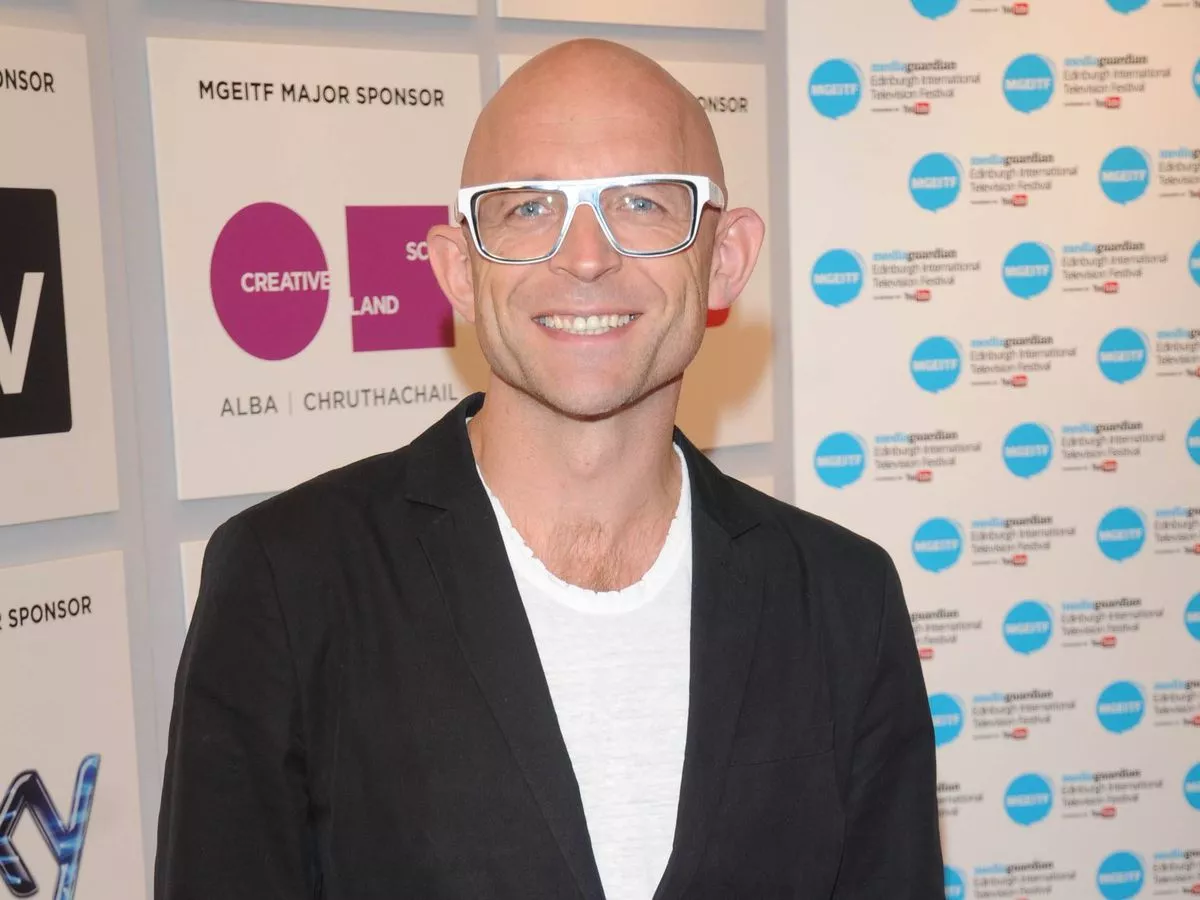By Rory Poulter
Copyright dailystar

The Government has pledged to provide every young person who has been unemployed for 18 months with a paid job, apprenticeship, or college place. However, this promise comes with a stern caveat: those who reject work could find themselves stripped of their benefits. Under the Labour Party’s new “Youth Guarantee,” any person aged between 18 and 21 who has been out of work or education for 18 months will be guaranteed a spot in training, college, or employment. Ministers have designed the scheme to ensure no young person is left without prospects. Addressing the Labour conference today, Chancellor Rachel Reeves said: “We won’t leave a generation of young people to languish without prospects – denied the dignity, the security and the ladders of opportunity that good work provides.” However, the pledge carries a warning: those who decline the offer without a “reasonable excuse” could see their Universal Credit payments reduced or completely removed. Work and Pensions Secretary Pat McFadden – who oversees the Department for Work and Pensions (DWP) – said: “A youth guarantee means opportunity is not just for the few, but for all. And with that opportunity comes responsibility too – to take up the training, the apprenticeship or the work that is offered.” Currently, around one in eight 16- to 24 year olds are not engaged in education, employment, or training – equating to about 948,000 people. But many do not claim benefits or have not been inactive long enough to meet the 18-month threshold, so the exact number of young people who could lose payments remains unclear. The initiative, set to be financed in the Budget on 26 November, is designed to combat long-term youth unemployment, which has seen a significant increase in recent years. The government hopes it will provide young people with valuable work experience and new skills, whilst also reducing the strain on the burgeoning benefits bill. However, detractors argue that it could unjustly disadvantage young people with health problems, caring duties, or other obstacles to employment. Despite this, ministers maintain that it represents a “social contract”, providing opportunities alongside responsibilities. Echoing the sentiments of the previous Labour government, the Chancellor said: “Just as the last Labour government, with its New Deal for Young People, abolished long-term youth unemployment, I can commit this government to nothing less than the abolition of long-term youth unemployment. We’ve done it before and we’ll do it again.”



